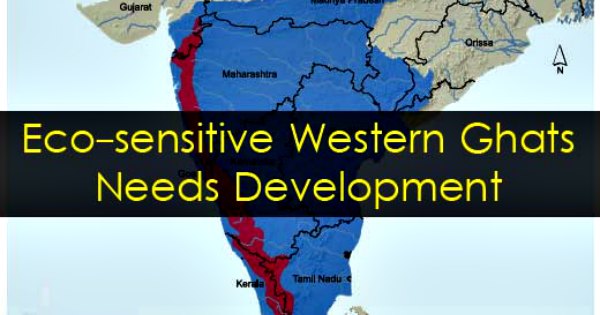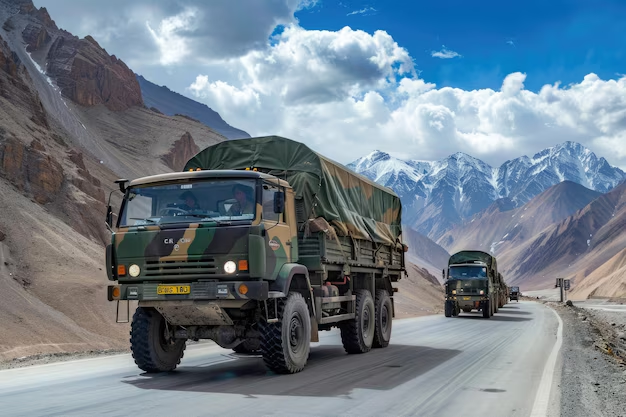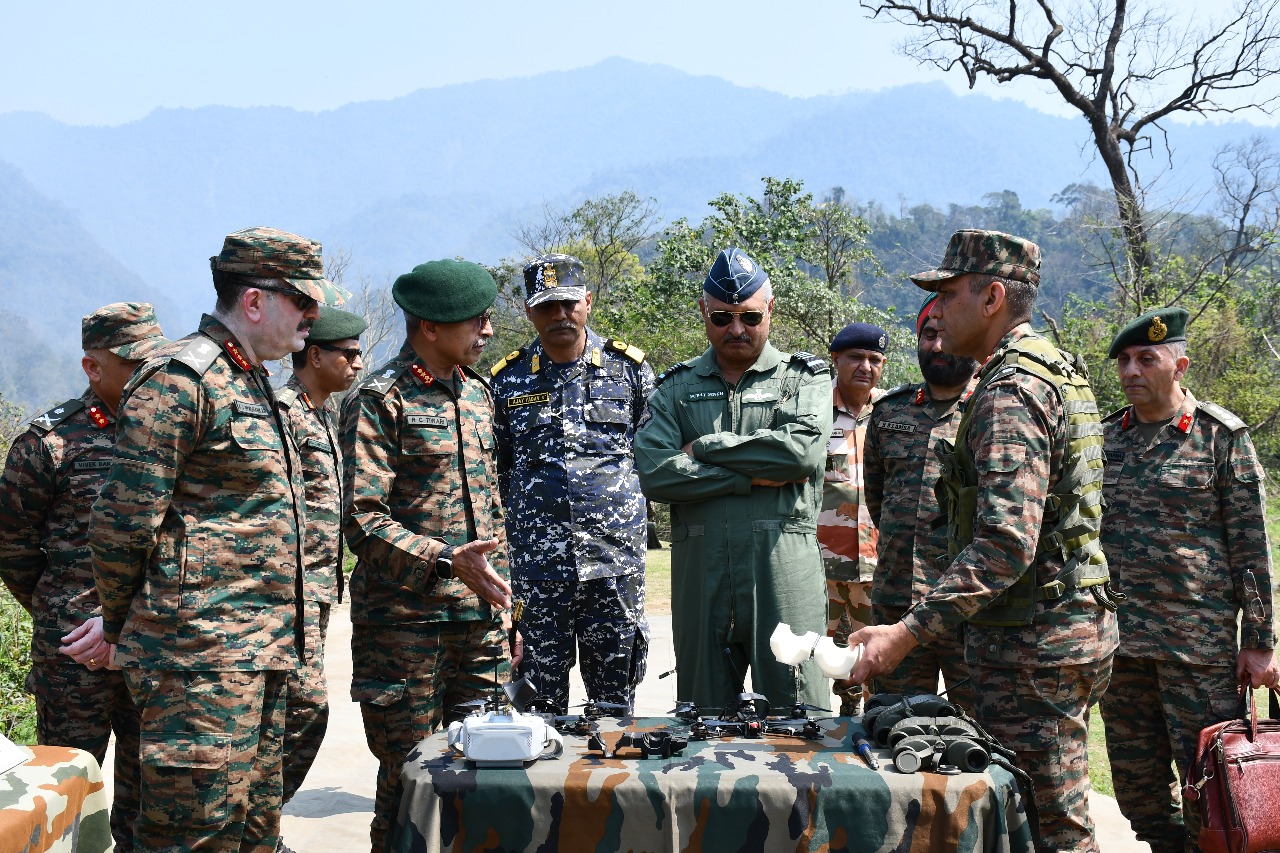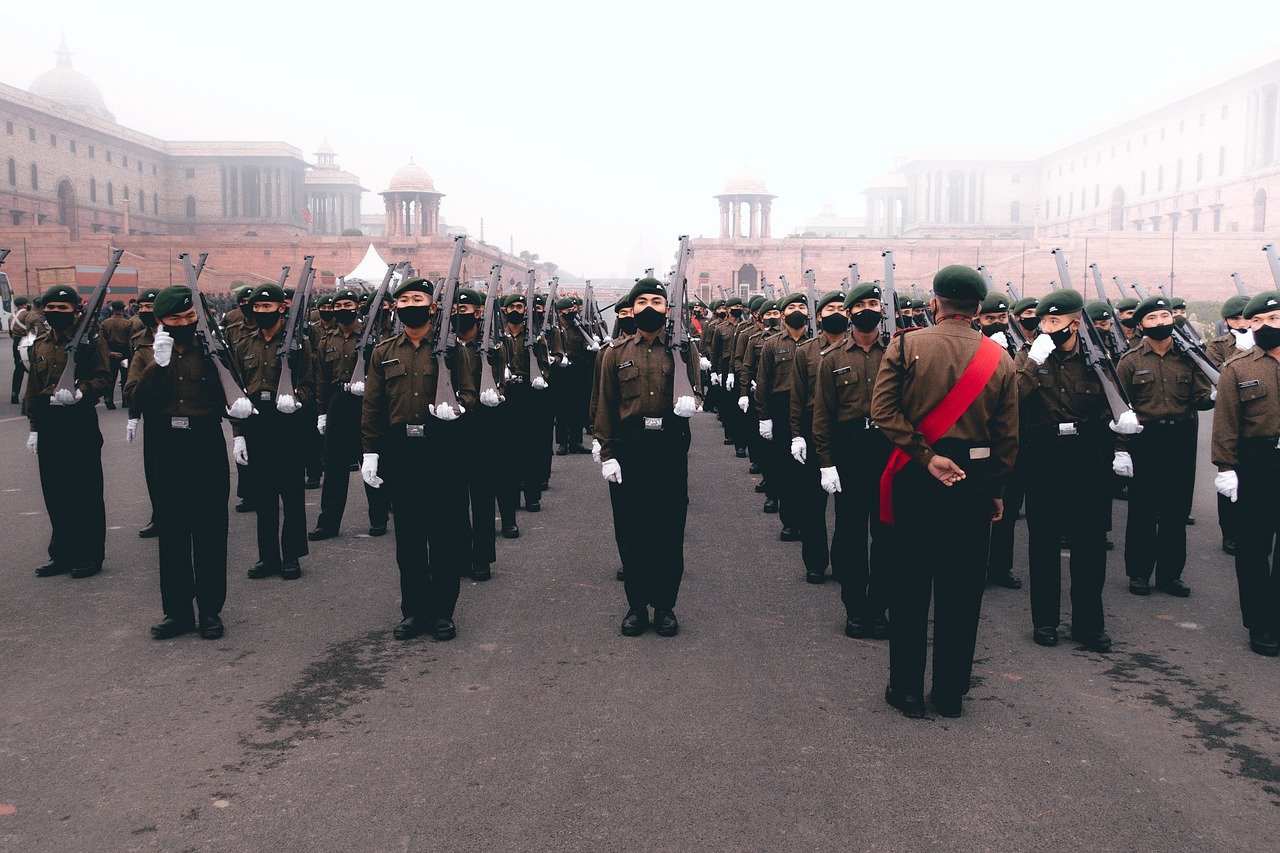India has many special and distinct things that make it an elite nation. Flora and fauna play crucial role in this. But continuous human interference and escalating toxicity in nature has created a grief problem for our country.
Western Ghat
The Western Ghat covers the area of six states – Gujarat, Maharashtra, Goa, Karnataka, Kerala, and Tamilnadu. The area is known for the biodiversity and nearly 37% (64,000 sq. km) of it is biological rich. It is one of the top seven ecological hotspots in the world. According to the sources, about 11- 75% of the species are endemic to the area making it a hub of variety species. A report released a statement that the Western Ghat neutralizes 10% or 4 million tons of the CO2 released every year. That’s why it is a medicine for the emerging problems of nature. Godavari and Krishna, the major west flowing rivers originate from Western Ghat.
Changes in Western Ghat
Last two decades have shown the reduction of 25% of the ecology of that area. This shrinkage has caused a lot of problems in the nearby areas. Last year, the Malin village landslide that claimed over 150 lives was supposed to be caused by deforestation and construction of a dam near the area.
Gadgil Committee
Gadgil commission is named after its chairman, Madhav Gadgil. He is a known ecologist and member of National Advisory Council. The committee submitted its report in 2011. The report has some of the key recommendations for securing Western Ghat. The commission recommended 64% or about 1, 20,000 sq. km area of Western Ghat to be declared as an eco-sensitive area. It also recommended checking the new Hydel projects polluting industries and establishment of a new township in the area. The mining projects should be banned and the ongoing project should be closed by 2016.
In response to the recommendations of Gadgil report, the six states refused to implement the recommendations. This led to the framing of a new committee to check the recommendations of Gadgil committee, headed by K. Kasturirangan, who was a member of the planning commission at that time.
Kasturiranga panel (Recently in News)
Recently Kasturirangan panel recommended the shrinkage of ecological zone from 60,000 sq. km to 45-50,000 sq. km which is about 25-30% of the total. the final announcement will be made in August, this year. Earlier in 2013, the UPA government has accepted the recommendations of the kasturirangan panel of making 60,000 sq. km as an eco-sensitive area. Prohibition of mining, establishment of the new town and erecting some specific kind of polluting industries. Just a few months later, Veerapa Moily, the then environment minister, reduced the area to 55,000 sq. km now Prakash Javdekar is going to decrease the area. According to Prakash Javdekar, the new boundaries will be decided on the basis of the survey of 4,000 villages residing in Western Ghat. The survey data has been submitted by respective states and the announcement of the final decision will be done after analyzing the data.
The circumstances prevailing in the most productive area of the country has to be sort out patiently without harming nature’s property and maintaining the balance between nature and humans. The eco-sensitive area must be increased in order to secure more and more area for flora and fauna.


















